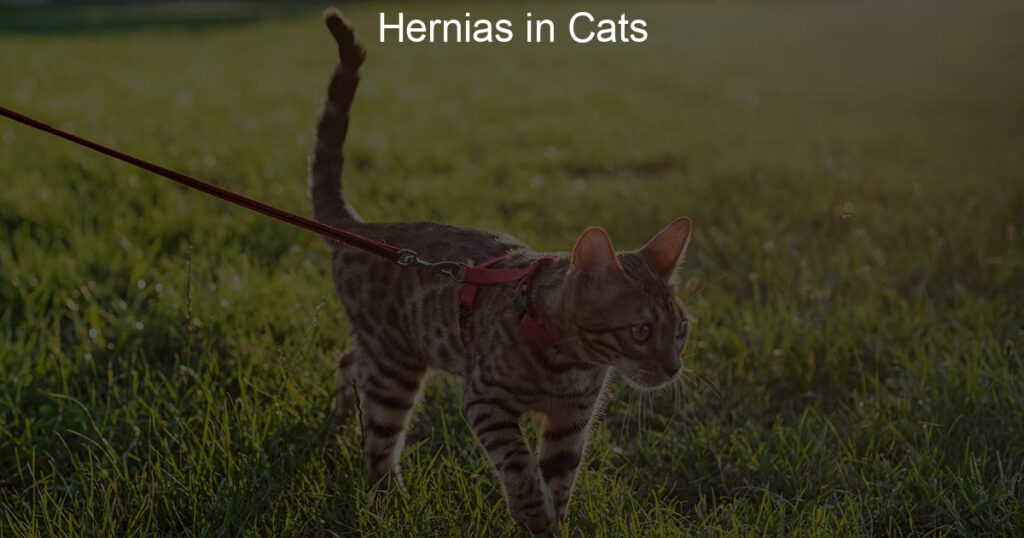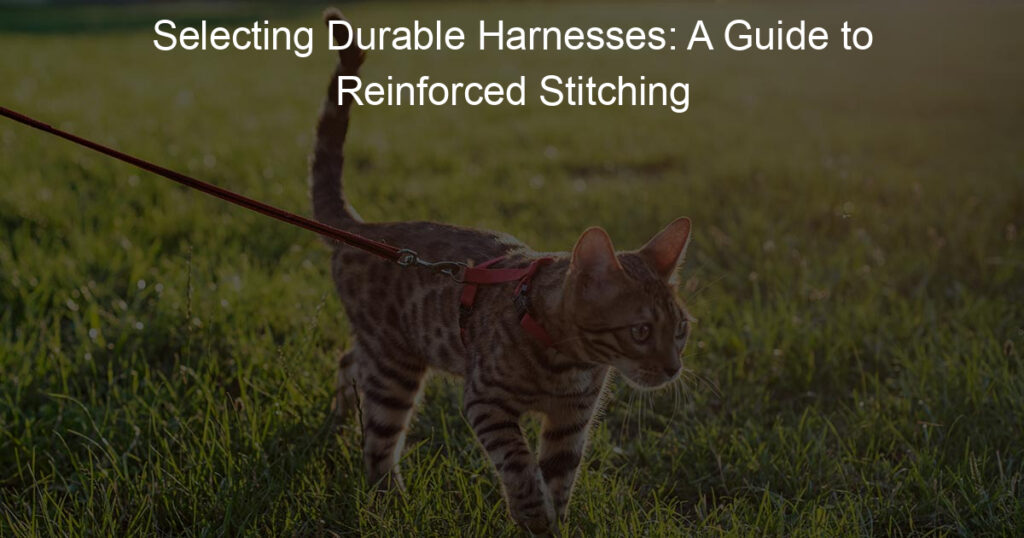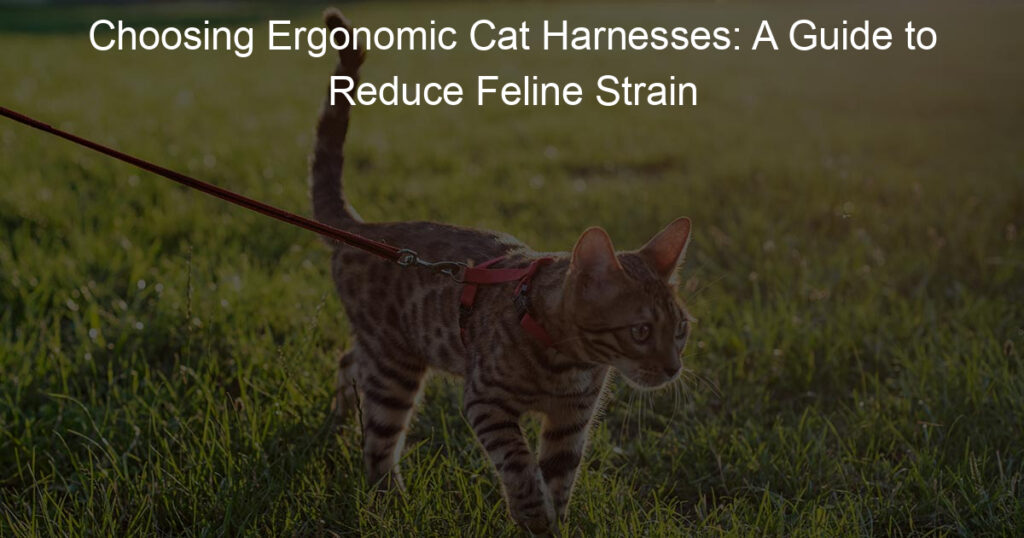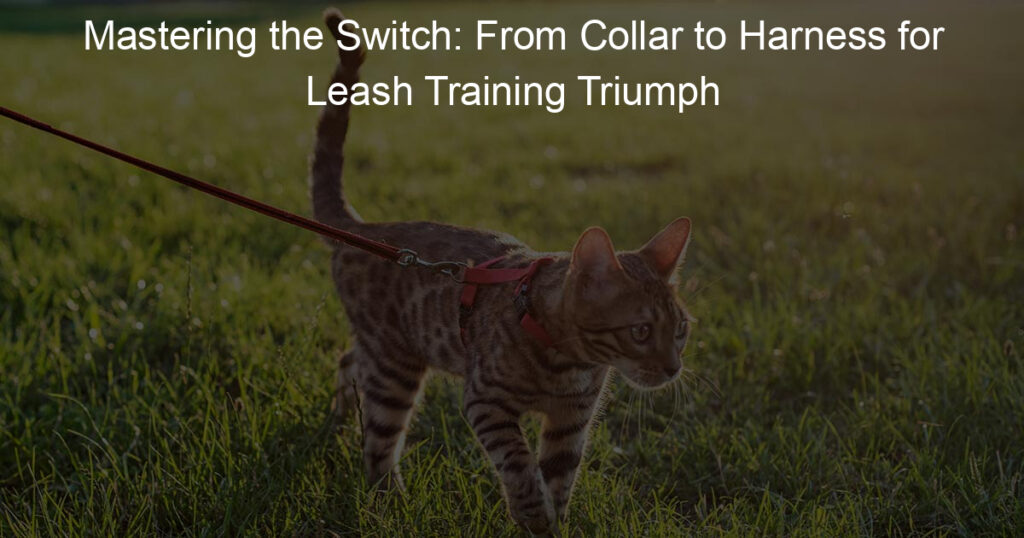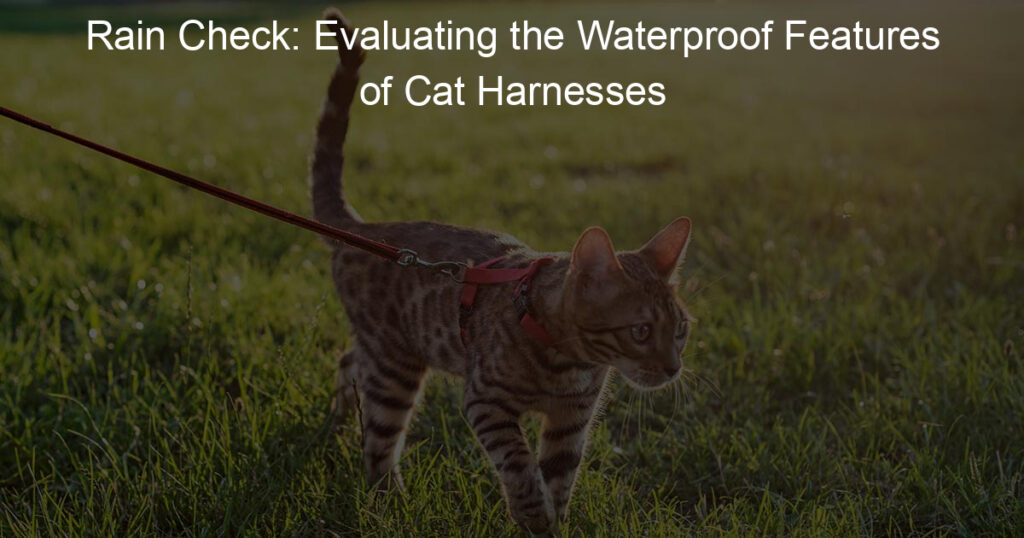Hernias in cats may sound like a difficult problem, but the good news is that they can often be treated with relative ease. The trick is to get an accurate diagnosis and then take appropriate relief measures.
We understand how daunting it can be if you notice your beloved feline friend displaying symptoms of hernias, so let us provide some information on what exactly hernias are, what signs and symptoms to look for in your cat, and most importantly – the different ways to treat them!
Can a cat’s hernia heal on its own?
The short answer to the question of whether a cat’s hernia can heal on its own is ‘it depends’. While many minor hernias can indeed heal on their own, larger ones may require medical intervention.
Signs that a cat may have a hernia include swelling or bulges in various areas, pain when you touch that area, lack of appetite, or difficulty urinating. If your cat exhibits any of these signs, it is best to seek out advice and treatment from your vet as soon as possible. With prompt medical attention and proper aftercare, most cats with hernias can fully recover in a relatively short time.
How serious is a cat hernia?
Cat hernias can appear rather innocuous to the average pet owner, as they are often described as swellings or protrusions of abdominal tissue.
While some instances may be mild, there is potential for more serious cases which should not be neglected by cat owners. Left untreated, a cat hernia can easily become infected and result in severe health problems for the animal in question. In severe circumstances, it can even be life-threatening without treatment.
Careful monitoring of symptoms, prompt vet visits, and effective surgery are recommended to treat hernias in cats before they become worse and much more difficult to treat.
What are the symptoms of a hernia in cats?
A hernia in cats can manifest in a variety of ways, with the most common symptom being abdominal swelling. An obvious stiffening or enlargement of the abdomen may be visible to the naked eye and is often accompanied by tenderness when touched. Cat owners should also look out for loss of appetite, vomiting, signs of distress such as restlessness and pacing, and constipation.
If any of these symptoms are observed it is essential to see a veterinarian promptly so that proper diagnosis and treatment can begin as soon as possible. Hernia repair surgery is usually necessary to resolve the problem and ensure that there will be no further complications for your pet.
How much does it cost to fix a cat’s hernia?
It can be difficult to predict the cost of fixing a cat’s hernia due to various factors such as the veterinarian, surgery type, and severity of the hernia. It is typically more expensive than neutering or spaying a cat as it requires full abdominal surgery. The cost also depends on where you live and whether you take your cat to a specialized veterinary surgeon. Generally, it costs several hundred dollars for outpatient hernia repair, while more complicated surgeries may cost up to $1,500. Regardless of the cost, owners should be conservative when deciding whether or not to fix their cats’ hernias to ensure that their pet is in good health and safe from complications.
What will happen if a hernia is left untreated?
Hernias can be dangerous if left untreated. If detected, immediate medical assistance should be sought to avoid further complications. Not only can they become extremely painful, but they can lead to life-threatening problems like a strangulated hernia.
In this condition, the loop of the intestine becomes stuck in the muscle and may cause death or require emergency surgery if not treated quickly. Additionally, small hernias may become larger over time due to prolonged tension or lifting heavy objects which could lead to long-term disability and a decrease in physical function. For these reasons, it is important to see a doctor for an accurate diagnosis and obtain treatment as soon as possible.
In Summary: Hernias in Cats
It is important to be able to recognize the signs of a hernia in cats, both so that you can treat your cats quickly and get them back on the road to good health. While these types of conditions are often classified as minor, they can become serious over time, and lead to more severe illnesses that necessitate surgery.
If you think your cat may have a hernia, take them to the vet immediately. It’s always better to be safe than sorry! While hernias in cats don’t necessarily indicate any grave danger for your furry friend, early recognition and treatment enormously increase the chance that your pet will make a prompt recovery without experiencing any lasting effects from their condition. With the proper medical attention from an experienced vet, you can ensure that your cat lives long and happily with minimal disruption from hernias or other medical issues.

